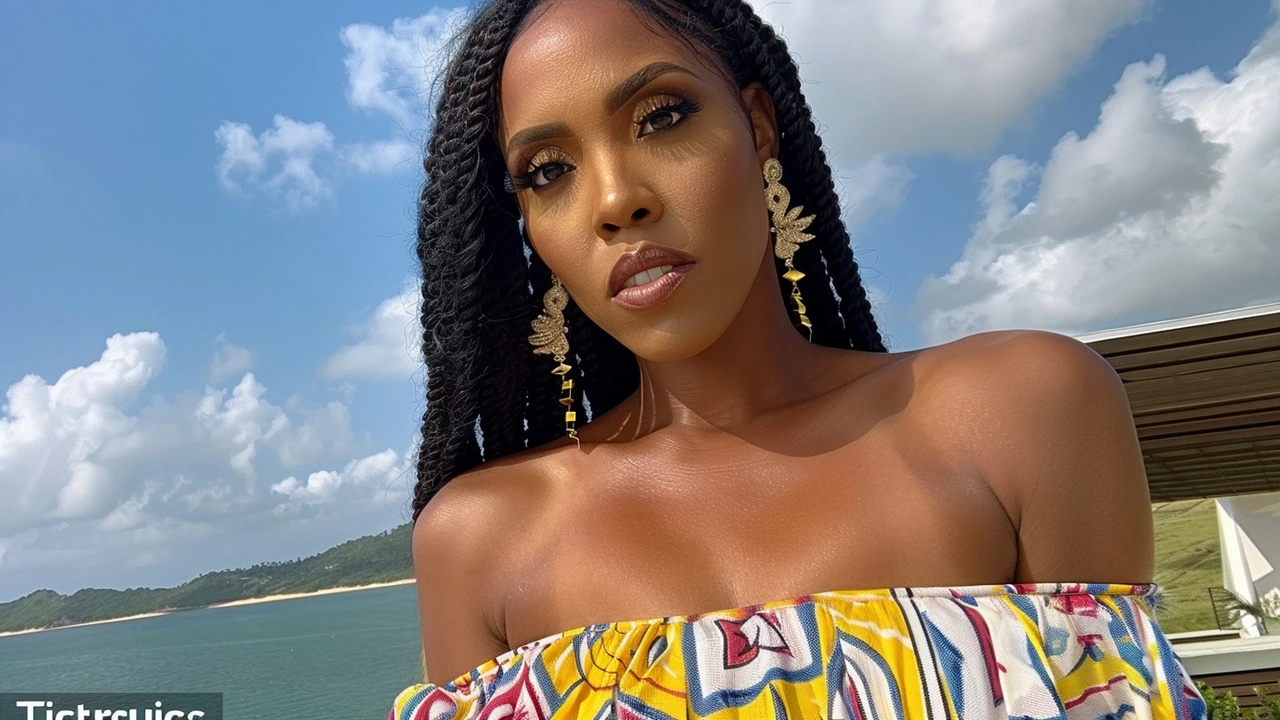Understanding Censorship and Its Impact
Censorship often sounds like a complex or distant topic, but it actually affects our daily lives more than you might think. Simply put, censorship is when information, speech, or media is restricted or controlled by governments, companies, or groups to stop people from accessing certain ideas or facts. This can happen for various reasons—sometimes to protect safety or privacy, but other times to hide uncomfortable truths or control opinions.
Have you ever wondered why certain social media posts disappear or why some news stories don’t get covered? That’s often censorship at work. It doesn’t just limit what you see; it shapes how you think by filtering the information you receive. When voices get silenced, it limits free expression and can block important conversations about society, politics, or culture.
Where Do We See Censorship Today?
It’s not just a thing of the past or faraway places. Censorship is alive and kicking worldwide—from governments blocking websites, to companies moderating what users can post online, to media outlets avoiding tricky subjects. For example, some countries restrict access to news channels or block social networks during protests. Even in countries that promise free speech, tech platforms may limit content to prevent fake news or harmful messages, which raises debates about who decides what’s acceptable.
Sports, music, or entertainment can face censorship too. Sometimes performances or artworks get edited or banned because they challenge authorities or social norms. This sparks questions: Should art have limits? Who decides what's appropriate? These conversations show how censorship touches not just politics, but culture and personal freedoms.
Why Should You Care About Censorship?
Censorship isn’t just about preventing harmful content; it can also stop important issues from being heard. When voices get muted, communities can lose power, facts get hidden, and societies can become less open and fair. That’s why staying aware of censorship helps us demand transparency and push back when information is unfairly blocked.
Next time you notice something missing in the news or online, think about why it’s not there. Sometimes, uncovering what’s hidden can be as important as the stories we’re told. Staying informed about censorship helps protect everyone's right to share ideas and seek the truth.
Tiwa Savage Opens Up About Early Struggles with Censorship in Nigerian Music Scene
Tiwa Savage discussed her initial challenges with censorship in Nigeria's music industry due to her outfits being considered indecent. Despite these barriers, she persevered and her fanbase grew. Savage also shared a unique inspiration behind her new movie 'Water & Garri'.
Read More
